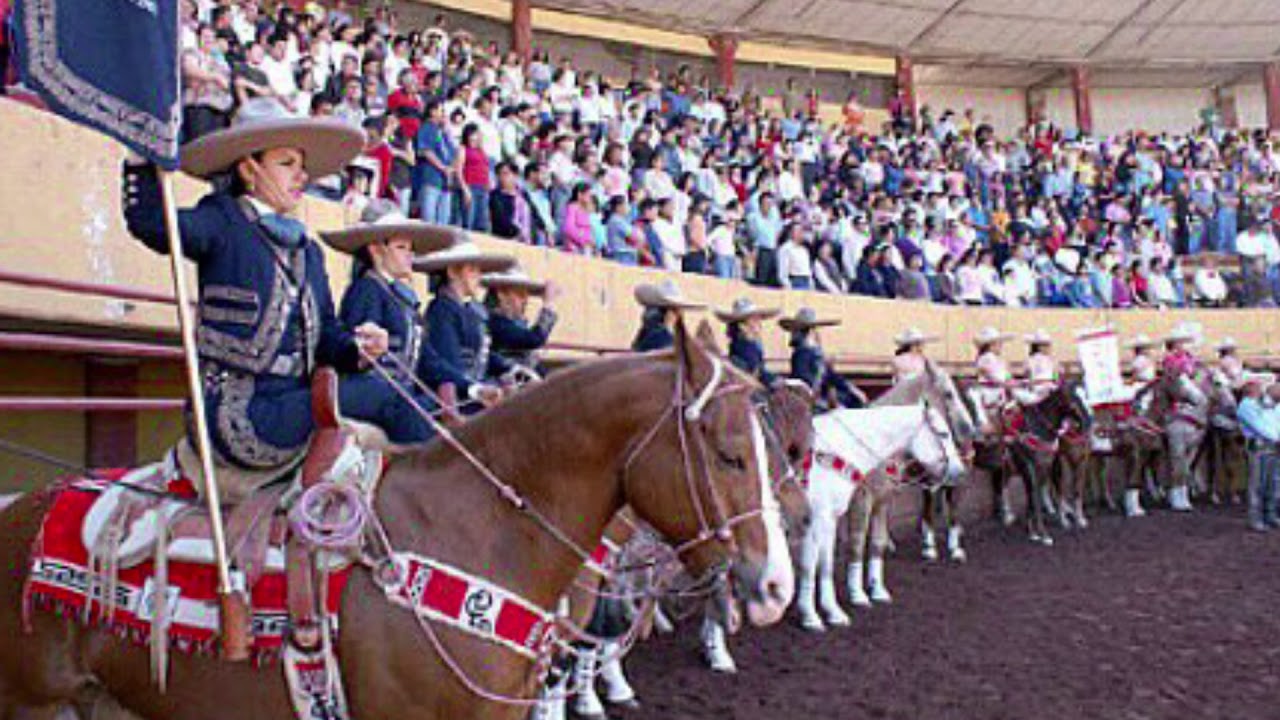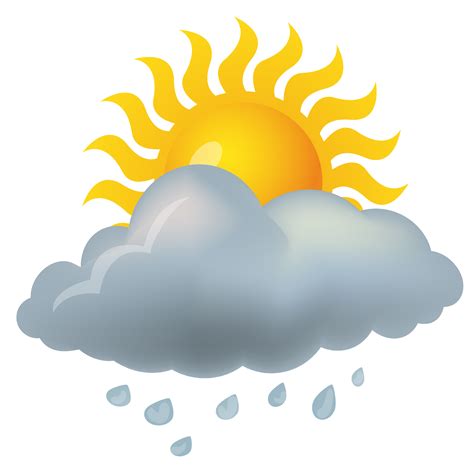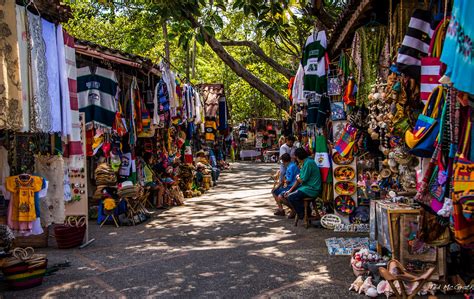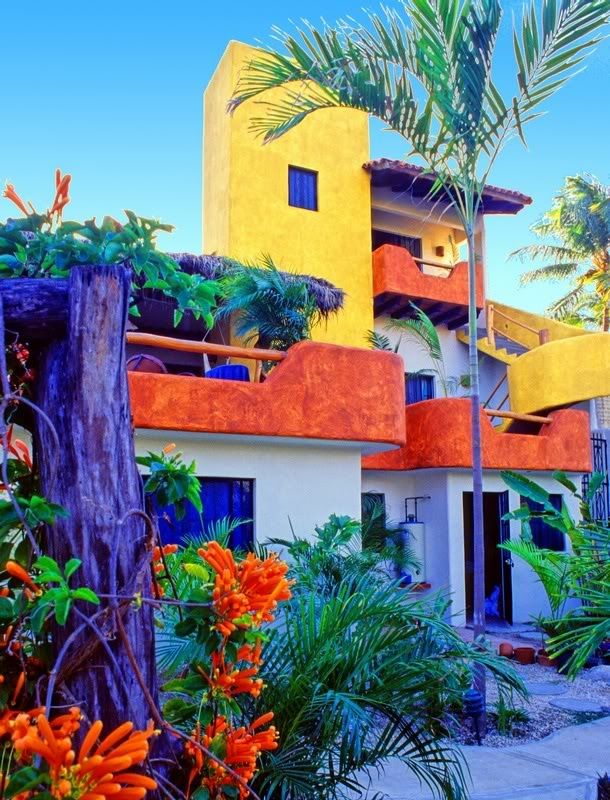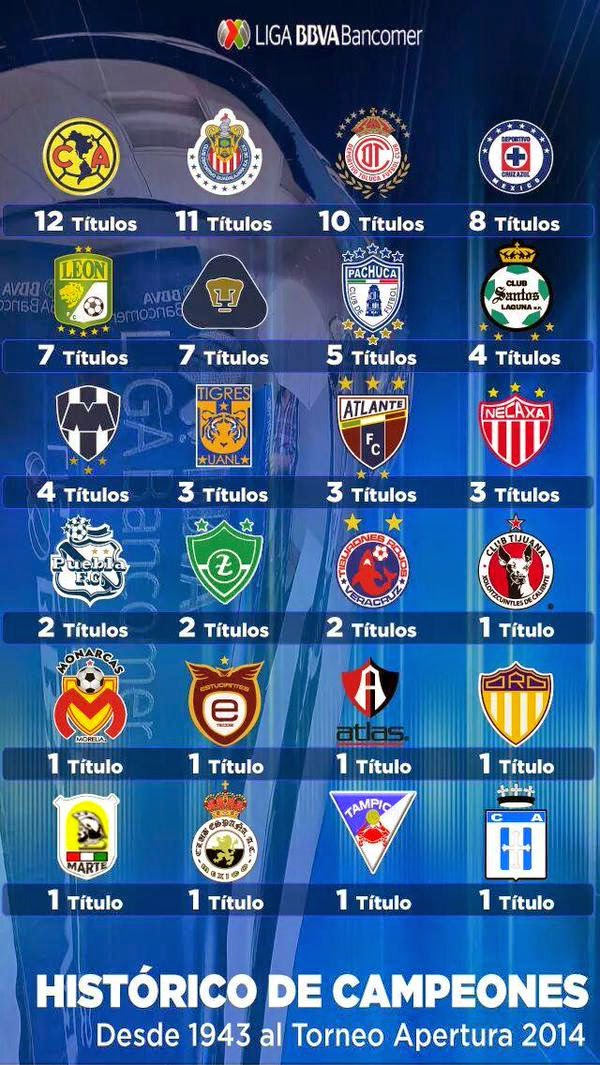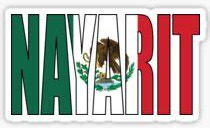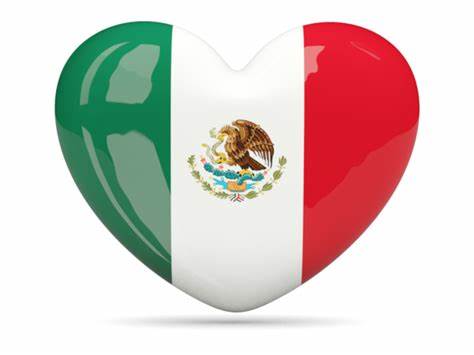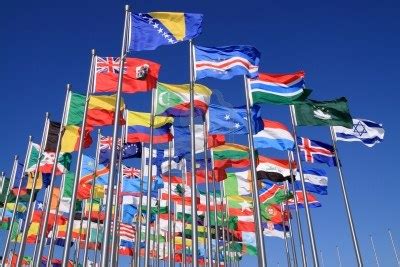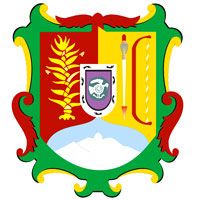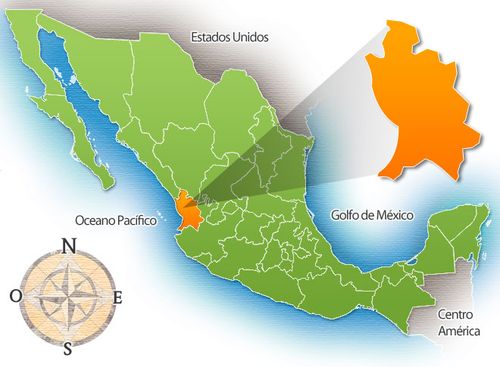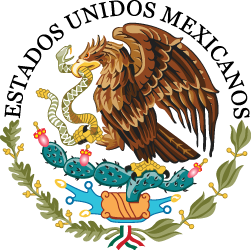Coffee vs Matcha vs Yerba Mate | Which One is Best for Energy?
CCMray • June 28, 2024 • 0 views
Chapters 00:00 - Intro 0:18 - Matcha 2:25 - Coffee 4:38 - Yerba Mate Is Matcha Good for You? Matcha: Originating in Japan, matcha holds a sacred place in Japanese tea ceremonies. It's made from finely ground green tea leaves, traditionally grown in shaded fields to enhance chlorophyll production. Is Coffee Good for You? Coffee: Coffee's journey began in the ancient coffee forests of Ethiopia, spreading across the globe to become one of the most consumed beverages. Its cultural significance spans from social gatherings to daily rituals in various cultures worldwide. Is Yerba Mate Good for You? Yerba Mate: Hailing from South America, yerba mate has deep cultural roots, particularly in Argentina, Uruguay, Paraguay, and Brazil. It's often consumed communally from a gourd (mate) and sipped through a metal straw (bombilla), fostering a sense of camaraderie and shared experiences. Comparing Their Biological Content Matcha: Rich in antioxidants, matcha contains catechins, particularly epigallocatechin gallate (EGCG). Coffee: Coffee is renowned for its caffeine content, which provides a stimulating effect. Additionally, it contains antioxidants and other bioactive compounds linked to improved cognitive function. Yerba Mate: Yerba mate boasts a unique blend of xanthines, including caffeine, theobromine, and theophylline. It also contains antioxidants and vitamins, with potential health benefits ranging from increased energy and mental focus. Comparing Their Caffeine Content Matcha: While matcha contains caffeine, it's typically lower in caffeine compared to coffee. However, matcha provides a sustained release of energy due to the presence of L-theanine, an amino acid that modulates caffeine's effects, promoting relaxation and mental clarity. Coffee: Coffee is renowned for its caffeine content, providing an immediate energy boost and stimulating effects. The caffeine content varies depending on factors such as the type of coffee bean, roast level, and brewing method. Yerba Mate: Yerba mate contains caffeine, albeit in moderate amounts compared to coffee. The presence of other xanthines like theobromine and theophylline contributes to a balanced energy boost with fewer jitters compared to coffee.


